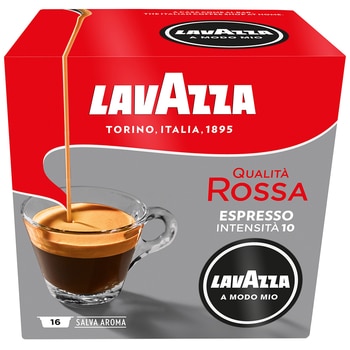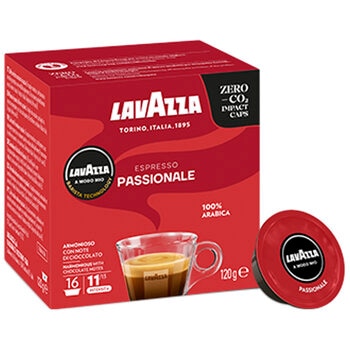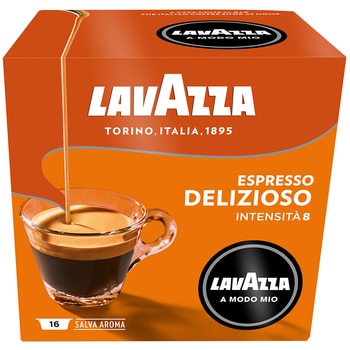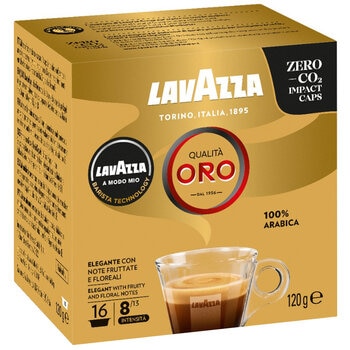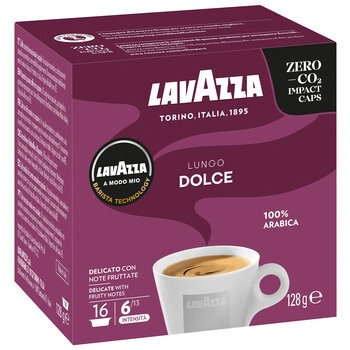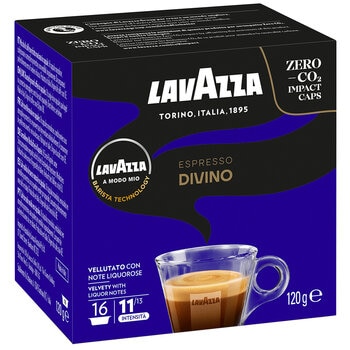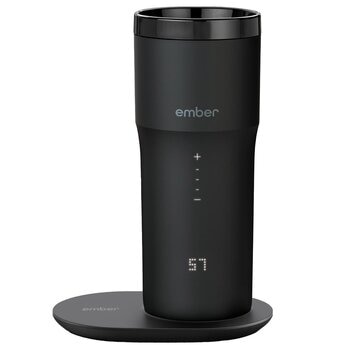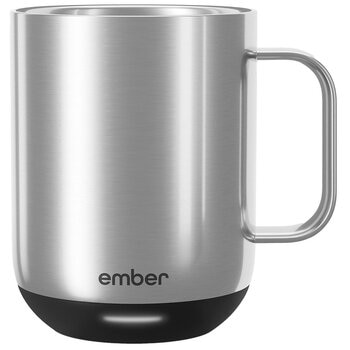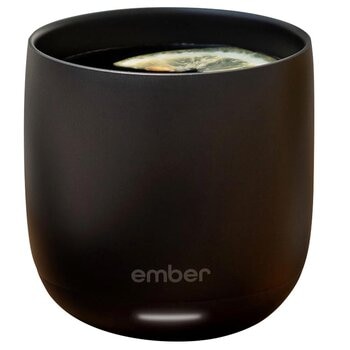Australians are obsessed with a good coffee—but what is it that sets us apart from the rest of the world?
The fact that Australians love coffee and are particularly good at making it is rapidly becoming world-wide common knowledge. An increasing number of cafés owned by Aussies have opened up across the globe, and tourists visiting our shores are famously impressed by our coffee’s quality. What’s even more surprising is the uptake in coffee-related competitions taken out by Aussies.
But why? What has made us so good at making a cup a coffee?
History & culture
“We go back to the post-war immigration tale which has been told a thousand times but it’s actually true,” says Emily Oak, the chair of the New South Wales chapter of the Australian Specialty Coffee Association and NSW division manager for St Ali Coffee Roasters.
She is, of course, referring to the introduction of espresso coffee to Australia in the 1950s by Europeans who migrated from Italy, Greece, France, Turkey and Austria.
But the simple fact of coffee being brought to the country does not explain the almost reverential appreciation we have for it these days. Oak, who has worked in the coffee industry for 20 years, believes it’s because our approach to the beverage has been single minded.
“The market is divided into sections,” says Oak. “The espresso market is where Australia is—it’s 100 per cent espresso—the only other countries that come close to that are New Zealand and Italy. Everywhere else in the world it’s all filter coffee so we are unique in that our entire coffee industry has grown off the back of espresso rather than starting with filter and transitioning to espresso, which is what the rest of the world has done.”
In other words, we’ve been completely ingrained in one style of coffee, which we’ve spent a lot of time and effort perfecting. “We’re also well travelled and well read. Australians travel to Europe and the US to drink coffee and learn from these pioneering coffee people and, I know it’s a cliché, but Australia is isolated so when we come back we spend a lot of time making sure we’re as good or better than the rest of the world,” says Oak. “It’s like sport—we’re a small nation with a small population but we out-perform.”
The hard stuff
Although we’re completely obsessed, Australians are actually nowhere near the highest consumers of coffee in the world. In fact, we rank 42nd in terms of per capita consumption, equating to 3kg of the product per year (even after the boom the country experienced in the past two decades). It’s less than the US’s 4.2kg, New Zealand’s 3.4kg and Japan’s 3.3kg, and not even in the same caffeine-obsessed realm as the Finns, who knock back 12kg. On top of that, almost 75 per cent of Australia’s annual coffee consumption is instant.
But what does make sense is the increase in the specialty coffee market—that is, the high-end side of the coffee stock. “It’s a niche market but it’s definitely growing,” says Oak. “There used to be a lot more supply than demand but that is switching. People are also becoming a lot more aware of where their coffee comes from, the path it’s taken from farm to the cup, and there’s greater transparency in prices. That industry and consumer maturity is what leads to an improvement of quality and also goes to explain why Australia has been a leading force.”
Trending
Advances in machinery and equipment, menu simplification and the increasing push of filter, cold drip and home brew coffee are trends we’re seeing. There are also cafés offering bespoke bottled take-home cold filtered coffee (which is considered sweeter and smoother than espresso coffee) and we’re likely to see a movement towards smaller takeaway cups for no other reason than making the coffee taste better.
But according to Oak, it’s pods that are likely to have the biggest impact over the next few years. “You can’t ignore things such as pods. There are people who are against it because it goes against grinding and freshness but it’s a dramatically growing section of the industry,” she says.
Although it’s generally considered environmentally destructive, the capsule sector is the fastest growing segment of the global coffee market. Just look at Australia, we consume 3 million pods a day.
But watch this space, says Oak. “There’s definitely a movement towards a better coffee product in pods. Five of the top Australian roasters are probably having their coffee put in pods as we speak, companies such as Toby’s Estate and Campos, for example. It’s really going to change the landscape.”
Originally published in The Costco Connection, Winter 2016. Pick up the latest copy at your local warehouse or read it online.

